The Effect of the Outing Class Method on Student Activeness in IPAS of Grade V at SDN Inpres Tanjung Baru
DOI:
https://doi.org/10.33541/edumatsains.v10i1.7172Keywords:
Keywords: Outing Class, Student Activeness, IPAS Learning, School environmentAbstract
The objective of this research is to gain an understanding of the effectiveness of the outing class method before and after its implementation in enhancing student engagement in IPAS (Integrated Natural and Social Sciences) learning among fifth-grade students at SDN Inpres Tanjung Baru. The study involved a total of 18 fifth-grade students as research subjects. This study utilized a quantitative method through a quasi-experimental design method with a One Group Pretest-Posttest Design. Data analysis included descriptive statistics, normality distribution tests, and hypothesis testing using a paired T-Test. Descriptive analysis indicated an increase in the average score from 65.94 (pretest) to 119.22 (posttest). The normality test using the Kolmogorov–Smirnov method produced a significance value of 0.200 (p > 0.05) for both pretest and posttest data, supported by the Shapiro–Wilk test, which yielded significance values of 0.671 (p > 0.05) for the pretest and 0.743 (p > 0.05) for the posttest. Furthermore, the hypothesis test using the Paired Sample T-Test yielded a significance value of 0.000 (p < 0.05), Showing a meaningful statistical difference between the pretest and posttest results. Therefore, it can be concluded that the outing class method has a significant impact on improving student engagement in IPAS learning.
References
Asrobanni, N., Lestari, H., Rukiyah, S., & Rohmadhawati, D. A. (2024). Penerapan Pembelajaran Model Problem Based Learning Dengan Pendekatan Teaching At The Right Level Guna Meningkatkan Hasil Belajar Siswa Pada Materi Teks Tanggapan Siswa Di Kelas VII. 3 SMP Negeri 10 Palembang. Journal Sains Student Research, 2(2), 45–54.
Bhardwaj, V., Zhang, S., Tan, Y. Q., & Pandey, V. (2025). Redefining learning: student-centered strategies for academic and personal growth. Frontiers in Education, 10, 1518602.
Chimwayange, C. (2024). Promoting student engagement using project based learning as service-based skills development. International Journal of Technology and Design Education, 1–18.
Fitriani, A., Elpisah, E., & Syarifuddin, S. (2025). Improving Student Creativity and Collaboration in IPAS through Project-Based Learning in Class X SMKS Muhammadiyah Bungoro. International Journal of Social Welfare and Family Law, 2(2), 12–22.
Habibi, M. A. M. (2025). International Journal of Social Science and Human Research Learning Strategy of Outing Class to Improve the Developmental Aspects of Early Childhood. 08(06), 4910–4917. https://doi.org/10.47191/ijsshr/v8-i6-99
Hanif, N., Fatimah, S., & Rohaeti, E. (2024). Implementing the integrated green model for social natural science project (ipas) to enhance understanding of sustainable biodiversity concepts in schools. Jurnal Penelitian Pendidikan IPA, 10(2), 842–850.
James, W., Oates, G., & Schonfeldt, N. (2025). Improving retention while enhancing student engagement and learning outcomes using gamified mobile technology. Accounting Education, 34(3), 366–386.
Jannatasari, N. Z., Pambudi, D. S., & Yuliati, N. (2025). International Journal of Current Science Research and Review Boosting Numeracy Through Differentiated Outdoor Learning in Mathematics : A Learning Material Development Study Corresponding Author : Nindi Zakia Jannatasari Corresponding Author : Nindi Zakia. 08(06), 3027–3037. https://doi.org/10.47191/ijcsrr/V8-i6-37
Jegstad, K. M. (2024). Inquiry-based chemistry education: a systematic review. Studies in Science Education, 60(2), 251–313.
Kharkhurin, A. V, Kashirskaya, E. V, & Pasechnik-Lyle, A. S. (2024). Plurilingual Intercultural Creative Keys: An Author Educational Program Developing Soft Skills. RUDN Journal of Psychology and Pedagogics, 21(3), 705–738.
Kwon, H., & Lee, Y. (2025). A meta-analysis of STEM project-based learning on creativity. STEM Education, 5(2), 275–290.
Lara, A. R. (2024). Transitioning from the Traditional to Online Classroom. Capella University.
Larasati, S., Mandasari, N., & Hajani, T. J. (2024). Penerapan model pembelajaran problem based learning berbantuan media Wordwall pada pembelajaran IPA siswa kelas V SD Negeri 34 Lubuklinggau. Jurnal Pendidikan Dan Pembelajaran Indonesia (JPPI), 4(1), 49–59.
Lee, D. H. L., Mak, S. W. B., Lit, K. K. D., Tse, K. C. T., & Chai, C. S. (2025). Enhancing STEM outcomes through mentorship (Mis)matching: an identity grafting approach. International Journal of STEM Education, 12(1). https://doi.org/10.1186/s40594-025-00556-0
Maemunah, M., Shobri, A., Mahfud, M., & Amer, M. A. B. (2025). The effect of active learning methods on motivation and learning achievement of elementary school students. INJOSEDU: International Journal of Social and Education, 2(1), 222–237.
Nugraheni, S. W. K. (2025). Analisis Literasi Sains Dengan Pendekatan Kontekstual Di Sekolah Dasar Alam Lebah Putih. Universitas Islam Sultan Agung Semarang.
Obidovna, D. Z. (2024). Advancing critical thinking proficiency through optimized pedagogical approaches. Central Asian Journal of Multidisciplinary Research and Management Studies, 1(2), 24–29.
Oladele, O. K. (2024). Kinesthetic Learning: Hands-On Learning and Active Engagement. Available here.
Opiyo, J. O., Asesa, E., & Olel, M. (2025). Actively Engaging Students As Classroom Management Practice and Academic Performance: Results From a Study of Public Secondary Schools in Siaya County, Kenya. European Journal of Education Studies, 12(6), 142–162. https://doi.org/10.46827/ejes.v12i6.6009
Pimdee, P., Sukkamart, A., Nantha, C., Kantathanawat, T., & Leekitchwatana, P. (2024). Enhancing Thai student-teacher problem-solving skills and academic achievement through a blended problem-based learning approach in online flipped classrooms. Heliyon, 10(7).
Putri, D. P., Cardoso, L. M. O. de B., Rahmadeni, F., Wahyuni, P., & Gusmuliana, P. (2025). Analysis of Students’ Mathematical Critical Thinking Skills Solving HOTS-Based Problems. Tarbawi : Jurnal Ilmu Pendidikan, 21(1), 60–72. https://doi.org/10.32939/tarbawi.v21i1.3240
Rehman, N., Huang, X., & Mahmood, A. (2025). Altering students’ attitude towards learning mathematics through project-based learning: A mathematics project. South African Journal of Education, 45(1), 1–14.
Robertson, K. A., Organ, J. M., Yard, M., & Byram, J. N. (2024). First patient project: engaging pathology through the donor dissection experience and its role in professionalism. Anatomical Sciences Education, 17(1), 199–212.
Sari, P. S., & Maemonah, M. (2024). Analysis of Project-Based Learning in IPAS Subjects at Madrasah Ibtidaiyah: A Progressivism Perspective. Al-Adzka: Jurnal Ilmiah Pendidikan Guru Madrasah Ibtidaiyah, 14(2), 106–120.
Song, X., Razali, A. B., Sulaiman, T., Jeyaraj, J. J., & Ds, P. (2024). Impact of project-based learning on critical thinking skills and language skills in EFL context: A review of literature. World, 14(5).
Sutirman, S., Imrona, W., & Sholikah, M. (2025). Exploring The Effectiveness of Digital Learning Platforms for Improving Financial Skills: The Case of YouTube. Jurnal Pendidikan Progresif, 15(2), 814–831.
Symonds, J. E., Kaplan, A., Upadyaya, K., Aro, K. S., Torsney, B. M., Skinner, E., & Eccles, J. S. (2024). Momentary student engagement as a dynamic developmental system. Journal of Theoretical and Philosophical Psychology.
Weingarden, M. (2025). Exploring pre-service mathematics teachers’ perspectives on balancing student struggle and concept attention. Teaching and Teacher Education, 165(June), 105143. https://doi.org/10.1016/j.tate.2025.105143
Xayrullo o’g, P. U., & Rajabboyovna, K. X. (2024). Incorporating Real-World Applications into Chemistry Curriculum: Enhancing Relevance and Student Engagement. Fan va Ta’lim Integratsiyasi (Integration of Science and Education), 2(1), 44–49.
Zhang, J., Xu, J., & Li, M. (2025). The impact of educational live action role-playing games on social–emotional competence: a mixed-method study with Chinese college students. Frontiers in Psychology, 16(June), 1–20. https://doi.org/10.3389/fpsyg.2025.1538761
Zhang, W., Guan, Y., & Hu, Z. (2024). The efficacy of project-based learning in enhancing computational thinking among students: A meta-analysis of 31 experiments and quasi-experiments. Education and Information Technologies, 29(11), 14513–14545.
Downloads
Published
How to Cite
Issue
Section
License
Copyright (c) 2025 Rufi'ah

This work is licensed under a Creative Commons Attribution 4.0 International License.

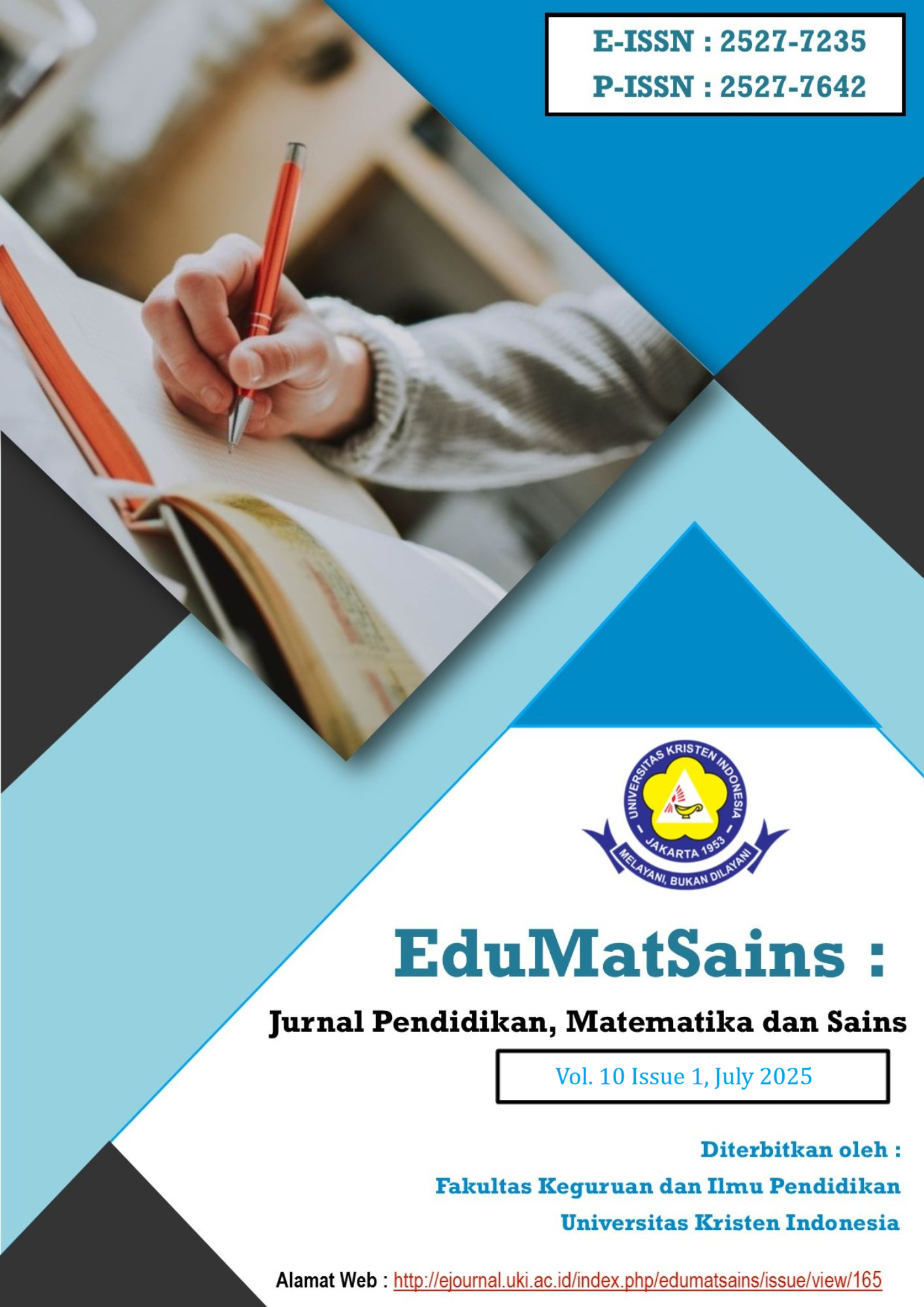

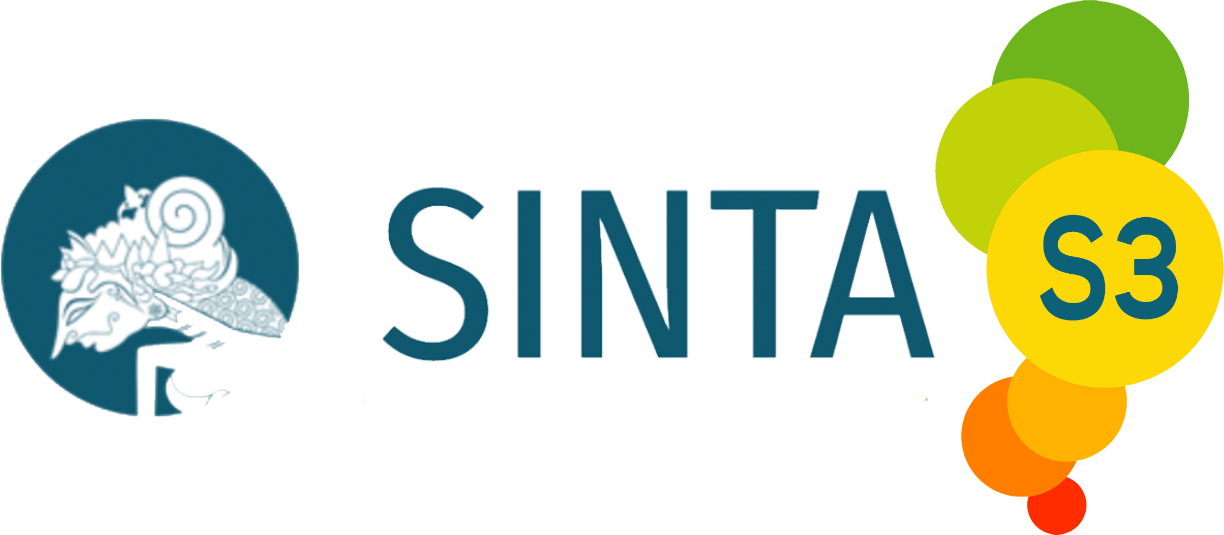



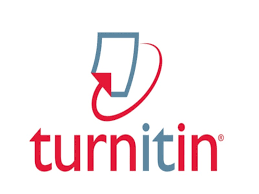
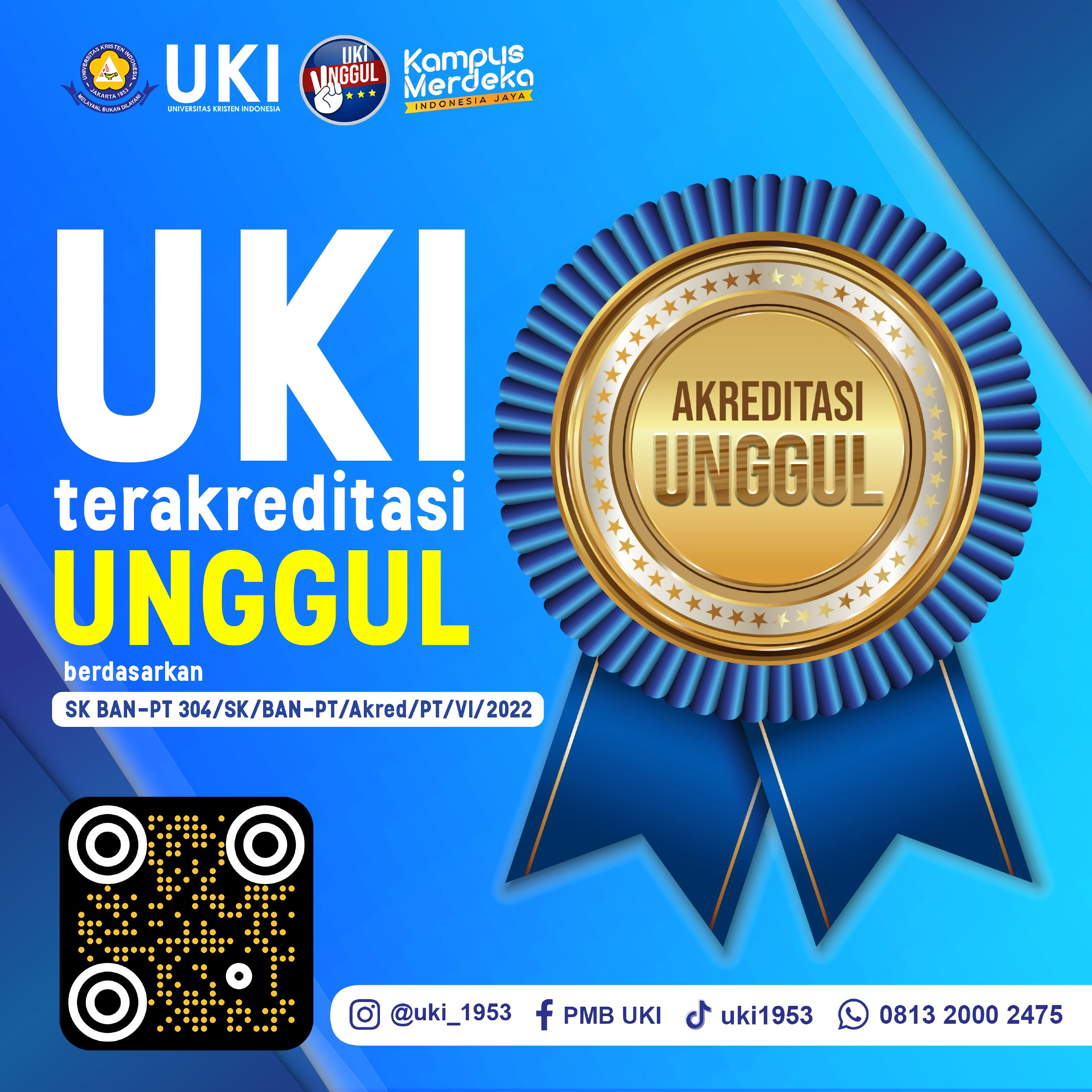
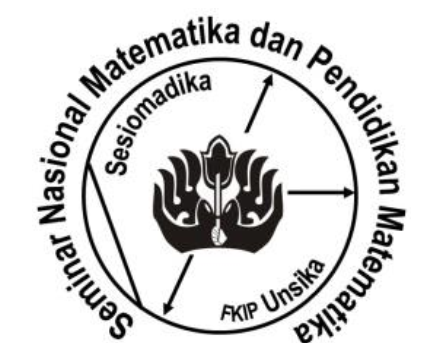











_(1).png)
